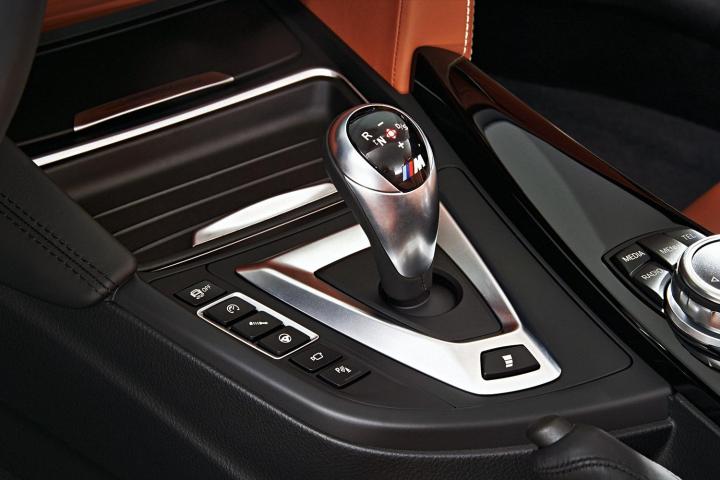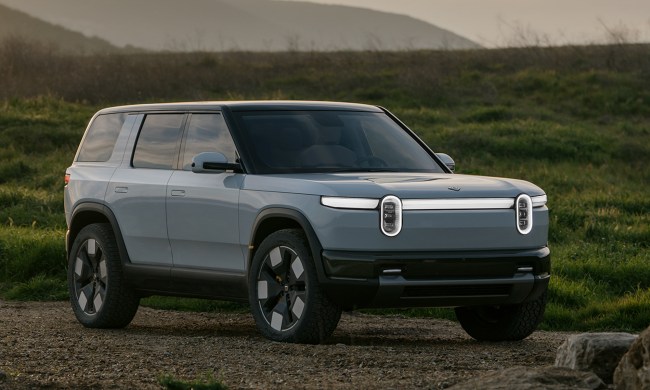
BMW M performance cars and manual transmissions go together like Republican presidential candidates and music copyright violations, but even this last bastion of the clutch could fall, according to comments by the M division’s boss.
“From a technical standpoint, the future doesn’t look bright for manual gearboxes,” BMW M chief Frank van Meel said in a recent interview with Autocar. “The DCT [dual-clutch transmission] and auto ‘boxes are faster and they have better fuel consumption.”
Related Video M235i Review:
Recent technological improvements in automatic transmissions mean they’re not the old “slush boxes” they used to be. Along with dual-clutch transmissions like BMW’s M DCT, they are eroding some of the advantages of a manual.
But manuals are still peerless when it comes to driver involvement and plain old fun, and so they’re still viewed as the best choice by many car enthusiasts. And since BMW M caters specifically to those enthusiasts, it’s possible that manuals will stick around even if the numbers don’t add up.
Van Meel noted that manuals still have a strong fan base, and said the company would not take away something the customer wants to have. Among luxury carmakers, BMW is one of the few remaining proponents of manuals, which it continues to offer on most of its regular and M performance models.
Automated transmissions do, however, open up a wider range of potential customers. Taking a well-trained left foot off the list of requirements means more people will be able to drive a given car.
While manual fans howl in protest every time a third pedal is dropped from an equipment list, it’s likely that they’ll still a buy a well-engineered fast car, anyway. That’s the calculation Porsche made when it nixed the manuals for its sportiest 911 models.
And as if the shaky future of manuals wasn’t enough of a downer, van Meel also said that the M division’s products may be capped at 600 horsepower, asserting that adding more horsepower or torque would “probably be over the limits.”
The most powerful production M car (and the most powerful production BMW ever) so far was the 30 Jahre M5, which debuted last year. Built to celebrate the M5’s 30th anniversary, it had exactly 600 hp and 516 pound-feet of torque, up from a standard M5’s 560 hp and 500 lb-ft. Just 29 examples were made available to customers.
That much horsepower is nothing to sneer at, but it looks like BMW won’t be looking to top the 640-hp 2016 Cadillac CTS-V anytime soon.


